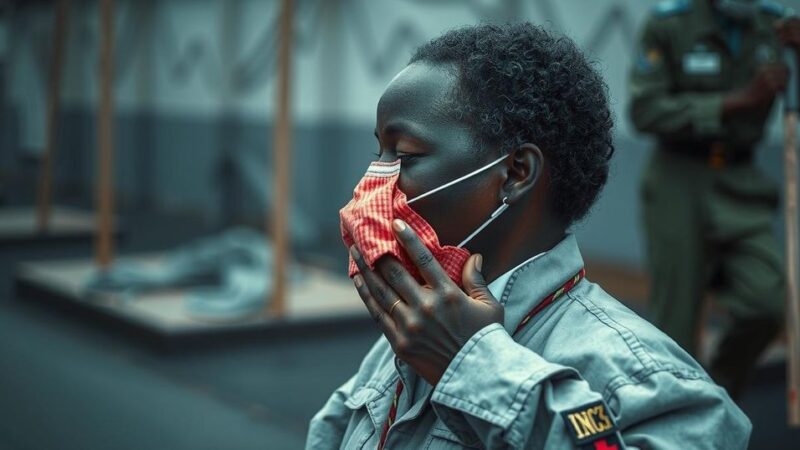The Democratic Republic of Congo has filed criminal complaints against Apple subsidiaries in France and Belgium, accusing the company of using conflict minerals linked to human rights abuses. Apple denies the allegations, stating it prohibits suppliers from sourcing materials from affected areas. The case raises questions about corporate responsibility in global supply chains and highlights ongoing violence in the DRC due to competition over mineral resources.
In a significant legal action, the Democratic Republic of Congo (DRC) has lodged criminal complaints against Apple subsidiaries situated in France and Belgium, accusing the technology giant of utilizing conflict minerals within its supply chain. This accusation centers around the extraction of tin, tantalum, and tungsten—collectively referred to as 3T minerals—commonly employed in electronic devices. The Congolese government alleges that certain artisanal mining operations are controlled by armed groups perpetrating severe human rights violations, including massacres and mass rapes. On its part, Apple vehemently refutes these allegations, maintaining that it has urged its suppliers to refrain from sourcing minerals from the DRC or Rwanda to ensure ethical compliance. Despite Apple’s efforts to audit its supply chain and support mineral traceability, international lawyers representing Congo insist the company is complicit in the ongoing violence in the region.
Conflict minerals, specific minerals extracted under situations involving human rights violations and armed conflict, have garnered significant global attention, particularly concerning their sourcing from the Democratic Republic of Congo. The DRC, rich in natural resources, has been notorious for ongoing conflicts fueled by competition over these minerals. The allegations against Apple highlight larger systemic issues regarding corporate accountability in global supply chains and the responsibilities of multinational companies to ensure ethical sourcing of metals like tin and tantalum.
The filing of criminal complaints by the Democratic Republic of Congo against Apple represents a critical moment in the ongoing discourse regarding corporate responsibility in relation to conflict minerals. While Apple maintains its commitment to ethical sourcing and supplier audits, these allegations underline the complexity of supply chains in resource-rich regions plagued by violence and exploitation. The outcome of these legal actions may set important precedents for corporate accountability in similar contexts.
Original Source: www.astroawani.com






